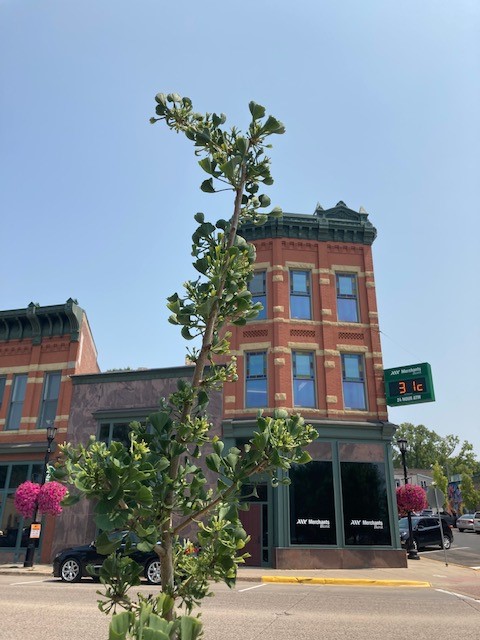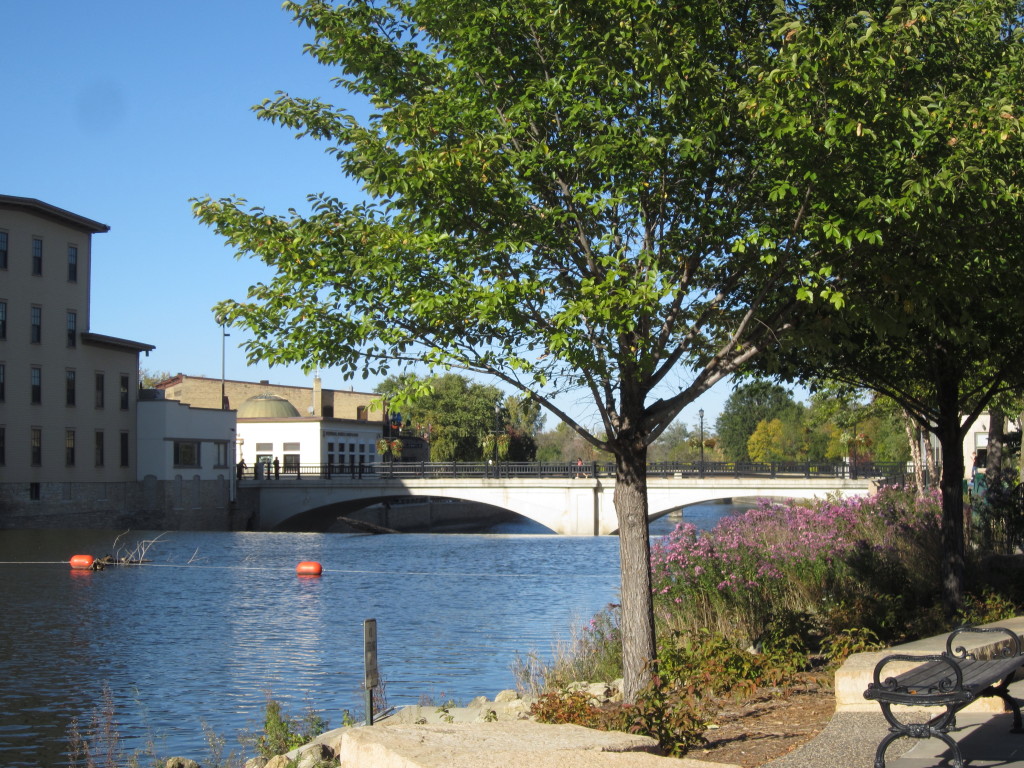
Richard Hugo (1923-1982), was a poet of the Pacific Northwest. Born in White Center, Washington, near Seattle, he served as a bombadier in the Mediterranean during WW II, before returning to the Seattle area. He used the GI Bill to earn a BA (1948) and an MA degree (1952) in English at the University of Washington, where he studied under Theodore Roethke. For nearly a decade, he worked as a technical writer onsite at the industrial campus of Boeing aircraft manufacturers while he concentrated on writing his own poems. Then, after the publication of his first book of poems, A Run of Jacks, in 1961, he began to teach creative writing at the University of Montana at Missoula where he worked for nearly eighteen years before returning at the end of his life to Seattle.
Hugo’s work is known for its concision, its found metaphors polished into startling imagery, and its vivid sense of place. Versatile in many genres, including a memoir and a mystery novel, Hugo published twelve books during his lifetime; three more were published posthumously. Perhaps his two most well known works at the collection of poems titled The Lady in Kicking Horse Reservoir (1975) and the collection of essays titled The Triggering Town (1979). As a citation on the website of the Academy of American Poets states: In his book about writing, The Triggering Town, Hugo encourages younger poets to recognize their true subject matter beneath the surface, but above all, to ignore advice about writing and find their own way. His own poems often celebrate the abandoned towns, landscapes, and people of the Pacific Northwest. William Stafford wrote, “A part of the West belongs to Hugo,” and, certainly, a territory of poetry as well.
My own copy of The Triggering Town, acquired when I was a senior in college, is well thumbed. I am especially found of the title essay. I had been wondering if there would be a natural pairing of it with a poem written this April, and, this morning, I decided today is the day. Here is a favorite sentence: “So you are after those words you can own and ways of putting them in phrases and lines that are yours by right of obssesive musical deed.” Indeed.

Context for My Poem, “A Sense of Place”:
I would say that a sense of place always matters to me as a reader and as a writer. Today’s poem makes that concern overt.

Until tomorrow, LESLIE


Ramping up for Earth Day, perhaps?
Thanks, Beth!
Lovely practically tangible poem today, Leslie! I didn’t know these things about Richard Hugo so they added some umph to what I enjoyed about today’s poem. Got my hands dirty while reading it!